
Scientists have discovered that an enormous ice shelf broke off an island in the Canadian Arctic last year, in what could be sign of global warming.
It is said to be the largest break in 25 years, casting an ice floe with an area of 66 sq km (25 square miles).
It occurred in August 2005 but was only recently detected on satellite images.
The chunk of ice bigger than Manhattan could wreak havoc if it moves into oil drilling regions and shipping lanes next summer, scientists warned.
“The Arctic is all frozen up for the winter and it’s stuck in the sea ice about 50km (30 miles) off the coast,” said Luke Copland, an assistant professor at the University of Ottawa.
“The risk is that next summer, as that sea ice melts, this large ice island can then move itself around off the coast and one potential path for it is to make its way westward toward the Beaufort Sea where there is lots of oil and gas exploration, oil rigs and shipping.”
‘Quite amazing’
The ice break was initially undetected due to the remoteness of the northern coast of Ellesmere island, which is about 800km (500 miles) from the North Pole.
Satellite images showed the 15km (9mile) crack, then the ice floating about 1km (0.6 miles) from the coast within about an hour, said Mr Copland, a specialist in glaciers and ice masses.
“You could stand at one edge and not see the other side, and for something that large to move that quickly is quite amazing,” he said.
Mr Copland said a combination of low accumulations of sea ice around the edges of the ice mass, as well as the Arctic’s warmest temperatures on record, contributed to the break.
The region was 3C (5.4F) above average in the summer of 2005, he said.
Ice shelves in Canada’s far north have shrunk by as much as 90% since 1906.
“It’s hard to tie one event to climate change, but when you look at the longer-term trend, the bigger picture, we’ve lost a lot of ice shelves on northern Ellesmere in the past century.
“This is that continuing and this is the biggest one in the last 25 years,” he said.
Source: bbc.co.uk



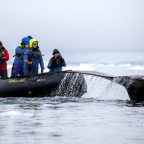
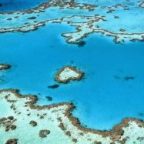

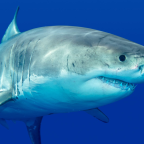

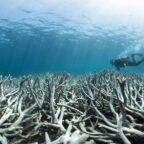
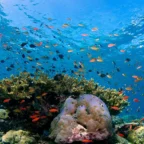


Social Profiles